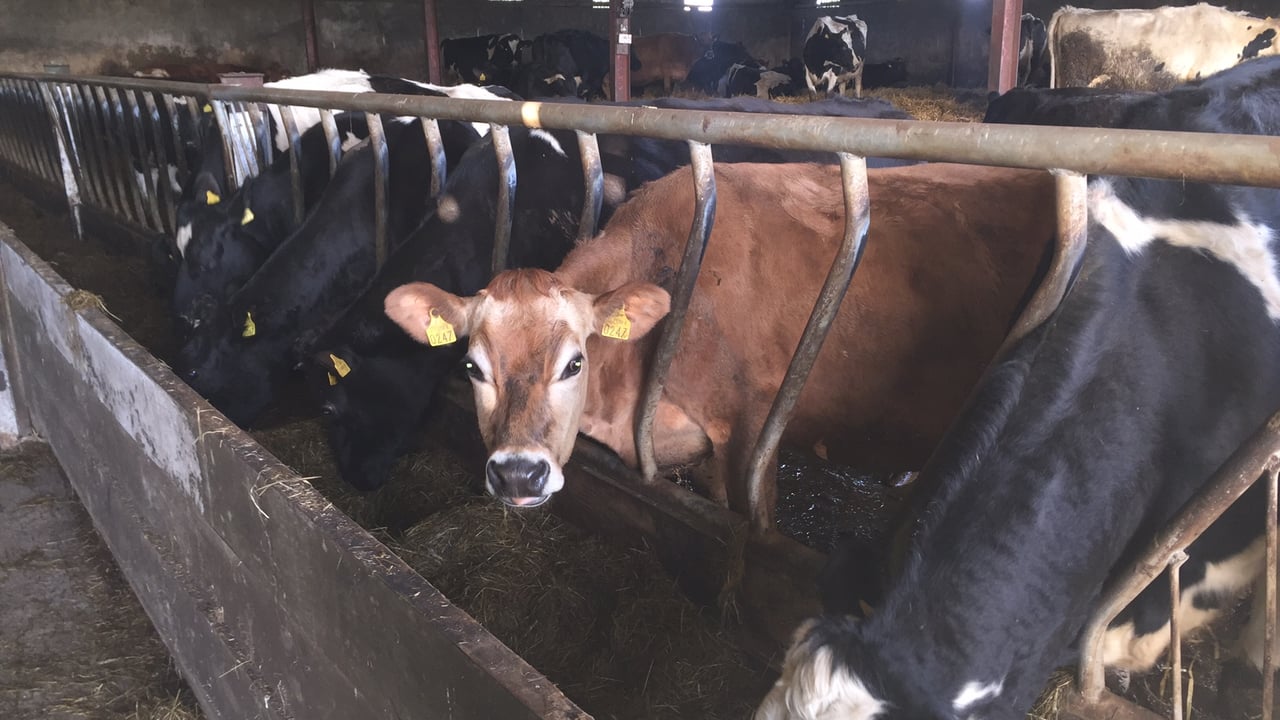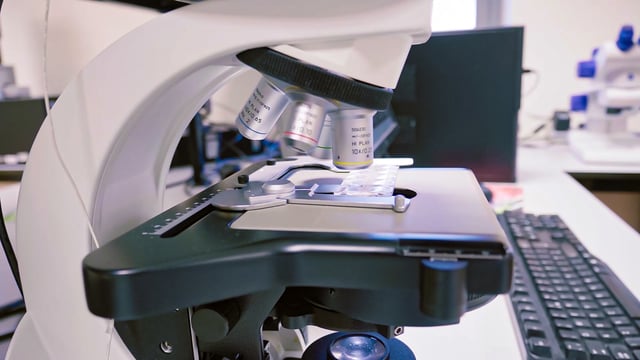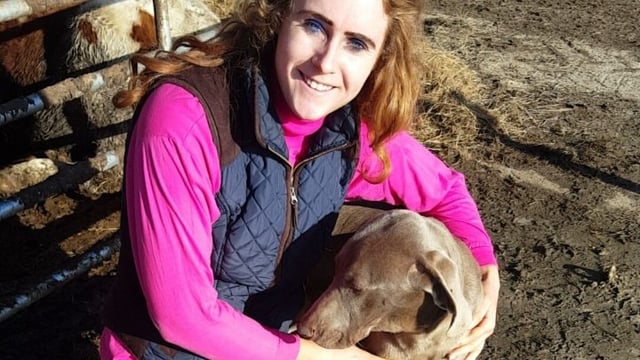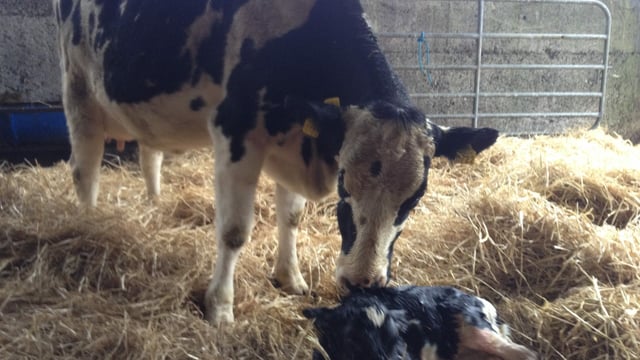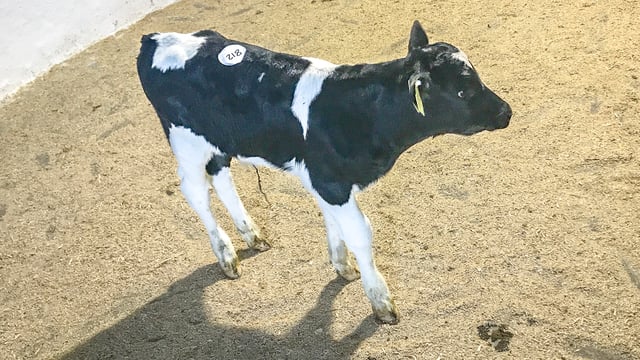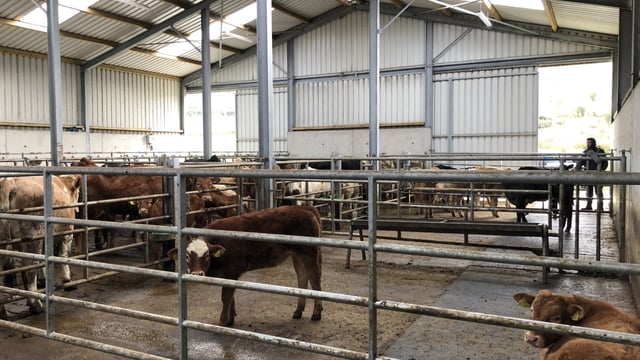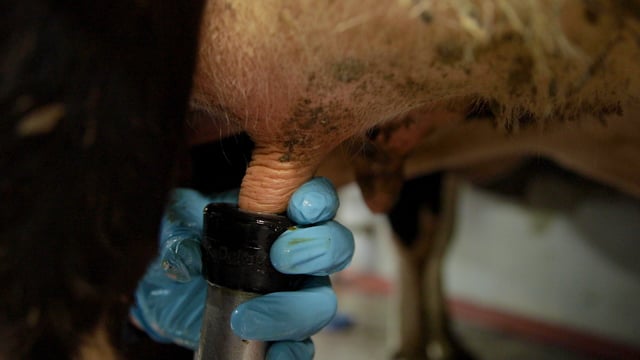'Dairy farmers who want to use Jersey genetics should only use sexed semen'
The national dairy herd has increased significantly in the last 10 years. This has been helped by the increased use of dairy artificial insemination (AI) genetics on farms.
The rapid increase has slowed down as of late with replacement rates levelling off, due to increased fertility and longevity within the national dairy herd.
The Irish dairy industry has benefited greatly from the increase in the national herd’s economic breeding index (EBI) since it was established in 2001. According to a recent Teagasc report, there are still significant benefits to be gained by increasing the nationals herd’s EBI further.
Planning for 2021 breeding season
It’s important that dairy farmers begin planning for the 2021 breeding season, with a clear breeding policy as it will have a significant influence on their farm profitability, sustainability and animal welfare performance.
Dairy farmers not focused on expansion will require only three-to-five weeks of dairy AI to generate enough replacements, depending on the use of sexed semen and herd fertility. Dairy farmers should calculate the number of replacement heifers they want, which will allow them to calculate the number of straws required.
Teagasc has recommended that dairy farmers who want to use Jersey or Jersey crossbred genetics should only use sexed semen. For dairy farmers that wish to use sexed Holstein-Friesian semen, the number of bulls available and their EBI is increasing as demand increases.
Dairy beef index
The Irish Cattle Breeding Federation (ICBF) launched the Dairy Beef Index (DBI) in 2018 with the aim of identifying beef bulls that are suitable for use on dairy herds. Reducing the number of low-value calves coming from the dairy industry is important. Once the dairy genetic straws have been used, beef AI and beef stock bulls should be used to sire the remaining calves.

